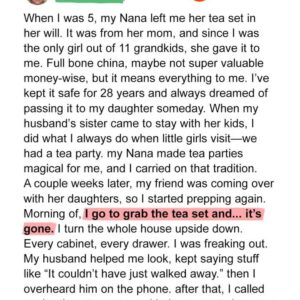Steve, a 43-year-old consultant, was upgraded to business class on a six-hour flight thanks to his frequent flyer status. Soon after settling in, a visibly pregnant woman approached him, insisting he give up his seat. When he refused, she accused him of being unkind, but Steve ignored her and she returned to her seat.
The flight went smoothly for him, but upon landing, a flight attendant confronted Steve, implying his choice lacked compassion. Confused, Steve later learned that the woman had fainted mid-flight, apparently overwhelmed, and required crew assistance before recovering.
Other passengers filled him in, and Steve could feel their judgment as well as the attendant’s disapproval. Still, he believed he hadn’t done anything wrong—he hadn’t caused her distress directly, and the airline had rightfully upgraded him.
Now, Steve questions whether he should have handled the situation differently. He wonders if his refusal was simply maintaining his right, or if it showed a lack of empathy in a moment when kindness could have mattered most.





